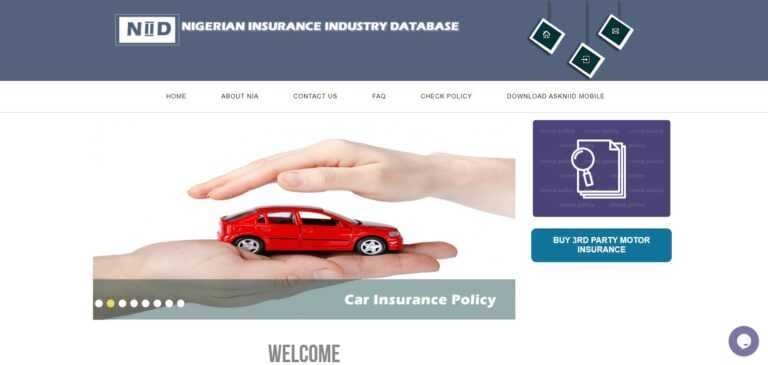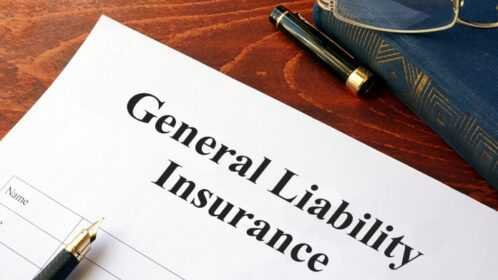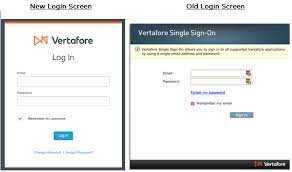Is My Homeowners Insurance Included In My Mortgage?
Is my homeowners insurance included in my Mortgage? For many homeowners, costs such as property insurance and property taxes are included as part of the mortgage payment. Your mortgage lender may require this arrangement, especially if you have a government-backed mortgage or have a down payment of less than 20%. But even when it’s not necessary, combining multiple bills into a single monthly payment can make it easier to manage your housing costs.
What Is Included In Your Mortgage Payments – Is My Homeowners Insurance Included In My Mortgage?
Mortgage payments can include money for principal, interest, taxes, and insurance (PITI).
Here’s a closer look at each part of your PITI:
- Principal Amount: The principal of the mortgage is the amount that you have borrowed. A portion of each loan payment pays off the principal so that you can pay off the loan over time.
- Interest: A portion of your payment also goes toward interest accrued since your previous payment.
- Taxes: Mandatory payment of property taxes that you can pay to your local government.
- Insurance: Depending on the down payment amount and the type of mortgage, you can pay for one or more different types of insurance as part of your monthly payment:
- Homeowners Insurance: Homeowners insurance can protect you from covered incidents such as storms, theft, vandalism, and liability issues.
- Mortgage Insurance: Mortgage insurance protects the lender rather than the homeowner by paying the lender if you default on the loan. Depending on your down payment and the type of mortgage you have, you may need to pay for mortgage insurance.
- Additional insurance: Depending on the location of the home, other types of insurance may be required, such as flood or hurricane insurance. There are also optional policies, such as earthquake insurance.
Your principal and interest payments go directly to your lender. Annual or semi-annual expenses, including property taxes and insurance, can be prorated and added to your monthly mortgage payment. The lender or loan servicer deposits those expenses in an escrow account, which is essentially a savings account managed by your mortgage servicer. It then uses the money to pay bills on your behalf.
Common housing costs that are not part of your mortgage payment include utility bills, maintenance, and HOA fees.
Because tax or insurance costs can change from year to year, your monthly mortgage payments can go up or down. For example, you could try taking out homeowners insurance to lower your premiums, which would ultimately lower your mortgage payments. But you may need to request a review or wait for an annual escrow review before the changes take effect.
During an annual escrow review, your administrator also tries to determine whether there is too much money in the account (left) or too little (less) for the coming year. You can get your money back if there is an overrun. If there is a shortfall, you may be able to pay an advance or have some of the shortfalls added to your next monthly mortgage payment.
When Is Home Insurance Included In My Mortgage?
While homeowners insurance is never actually included in your mortgage, it can be added to your mortgage payment through an escrow account set up by your lender. According to a 2017 analysis by CoreLogic, approximately 80% of mortgagees are estimated to pay their home insurance and property taxes through an escrow account.
If you are taking out a mortgage on a home and your down payment is less than 20%, most lenders will require you to pay for homeowners insurance through one of these accounts, which you pay as part of your monthly mortgage payment. Depending on your mortgage lender and loan agreement, you may also need to purchase private mortgage insurance.
If your deposit is more than 20%, your lender cannot require you to have an escrow account. In this case, you may have the option to choose an account or pay directly for property insurance and property taxes.
Do I Have To Pay For Homeowners Insurance Through Escrow?
If you’re buying a home for the first time, the concept of an escrow account can seem a little confusing. Wouldn’t it be better to pay for insurance and property taxes yourself? Not necessary. Here are some benefits:
- A convenient payment: Some of your most important homeownership costs are consolidated into one convenient payment, so you don’t risk missing an expiration date here or the last message there.
- Lower insurance premiums: Premiums are usually paid in advance for the year when they’re included in your security deposit, and usually at a discounted rate. Otherwise, if you pay directly to the insurer, you will have to pay the full annual premium yourself if you want to qualify for a lower rate.
- Nice hands-free: You don’t need to deposit money into your escrow account like a personal checking account. Instead, the account is funded by the monthly escrow payment you make as part of your larger monthly mortgage payment. When your insurance and taxes are due, an escrow agent will withdraw the money from your account and distribute it to the necessary parties on your behalf.
What Happens If My Mortgage Lender Does Not Pay My Home Contents Insurance?
If you have an escrow account and pay your mortgage on time, the mortgage company may be required by law to pay your homeowners’ insurance premiums. You may even need to make payments on your behalf if there isn’t enough money in the account.
But mistakes can happen. If you see that a payment has been missed and the policy is still in effect, contact your mortgage lender and ask them to correct the mistake immediately. If not, you may want to file a separate “error” and the company may have to pay and cover related costs.
If your homeowners’ insurance has been canceled for default, you may still be able to recover it after you pay the overdue balance. You can also contact a lawyer if this happens after your policy has expired because the mortgage lender has not paid your insurance premiums.
Think About What Works Best For You
Many homeowners pay property insurance and property taxes as part of their mortgage payment. But your options may depend on the type of mortgage you get and may change as you pay off your loan or refinance.
When given a choice, consider whether you want to manage the bills or have the mortgage lender pay them on your behalf. Remember to check with your insurance company from time to time to make sure you get paid.
Frequently Asked Questions – Is My Homeowners Insurance Included In My Mortgage
Can you have a mortgage without home insurance?
Lenders take a lot of financial risks when they give you a loan. That’s why most homeowners need insurance to make sure their investment is protected. If your home is uninsured and it burns down, chances are you won’t pay that mortgage anymore. Lenders require home insurance to avoid such a scenario.
Is homeowners insurance included in the deposit?
If you create an escrow account with your lender, you may be able to pay property taxes, private mortgage insurance, and homeowners insurance in a single escrow payment tied to your monthly mortgage bill.
Should You Include Home Content Insurance In Your Mortgage?
Lenders want to make sure your property taxes and homeowners insurance premiums are paid, as a lapse can put your investment at risk.
You may be able to sign out or cancel your escrow account and pay for homeowners insurance and property taxes yourself. This may depend on the type of mortgage you have, the amount of your down payment, and your principal.
If you have a conventional loan, you may qualify for an escrow waiver if you make at least a 20% down payment or have a history of on-time payments. Escrow accounts may be required for the duration of the loan for FHA loans, while escrow requirements for VA loans may vary by lender.
Even if it’s not mandatory, some people prefer to use escrow to pay for their home insurance. You have fewer bills to manage and it can be easier to make monthly payments than large annual or semi-annual payments. You may also have to pay a fee or receive a higher interest rate if you don’t use an escrow account.
Still, there are times when it is preferable to pay for homeowners insurance in full. For example, if you only have to pay annual premiums, the money will allow you to make short-term investments throughout the year.







